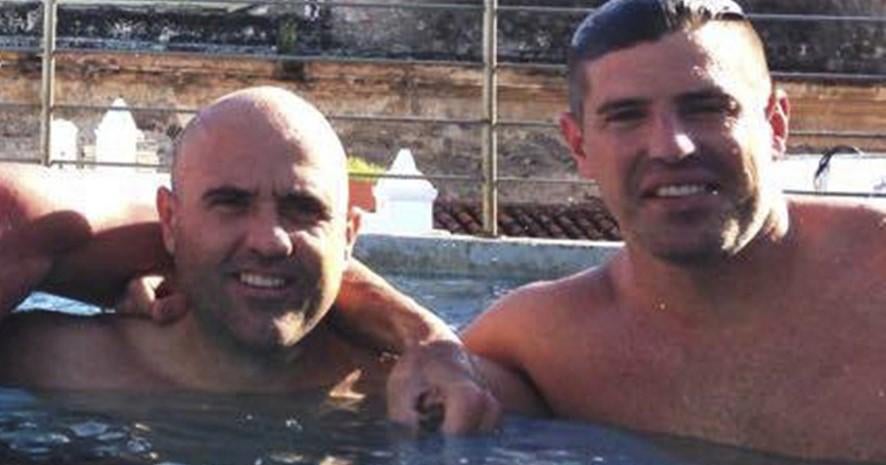"What do you say to parents whose children died taking your drugs?"
"I'm used to being off camera," says Bob Anderson. "The producer is better not seen and not heard."
But on 60 Minutes this week, the longtime producer was both seen and heard while conducting what's known as an "ambush interview" with a man accused of making deadly fentanyl in Shanghai. The confrontation was captured on hidden cameras and included in the 60 Minutes story "Online Overdose," reported by correspondent Scott Pelley, about a Chinese drug lab operating under the alias "Gordon Jin."
"'Gordon Jin' turned out to be two people, a father and a son, who were sending lots of fentanyl and fentanyl derivatives from their factory in China to doorsteps in the United States, where people had ordered them online," Anderson tells 60 Minutes Overtime's Ann Silvio. "The problem was a) it was illegal, b) it was dangerous, and c) people were dying from it."
For Anderson, following the trail of "Gordon Jin" first meant talking with grieving American families of those who died taking fentanyl sourced to the Shanghai drug lab. After considerable reporting in the US, Anderson decided that 60 Minutes should go to China to find the father-son team behind "Gordon Jin."
So, Anderson hired a private investigator based in China to locate the father — a man named Guanghua Zheng — who was found living what appeared to be a carefree and luxurious life in an upscale apartment complex.
"He was a needle in the haystack of Shanghai, with all its millions of people, but [the investigator] managed to find him," says Anderson. However, "the idea of sending Scott Pelley all the way around the world to maybe talk to somebody, who will maybe be on camera for ten seconds, really wasn't a good use of Scott's time. So whose time don't we care about? Send the producer."
And that's how Bob Anderson found himself loitering in front of a Shanghai grocery store, feigning interest in a newspaper while waiting for Zheng to exit with an armful of groceries. When Zheng emerged, the plan was for Anderson to position himself between Zheng and his bike to give Anderson time to ask three simple questions, including this one: "What do you say to parents whose children died taking your drugs?"
The tick-tock of that encounter is the subject of this week's 60 Minutes Overtime, in the video player above, produced by Ann Silvio and Lisa Orlando.
Longtime viewers of the broadcast will remember the surprise interview method from the days of Mike Wallace. And it was Anderson who collaborated with Wallace in the 1990s on several memorable 60 Minutes stories that required "ambush interviews" with bad actors, such as pedophile priests.
"The worse the actor, the more justified the ambush," says Anderson. "What we've learned over the years is that it's not to be used lightly, and it's a last resort — and it can be wonderfully illuminating."



